Laurel Hamers
Laurel Hamers was the general assignment reporter at Science News.

Trustworthy journalism comes at a price.
Scientists and journalists share a core belief in questioning, observing and verifying to reach the truth. Science News reports on crucial research and discovery across science disciplines. We need your financial support to make it happen – every contribution makes a difference.
All Stories by Laurel Hamers
-
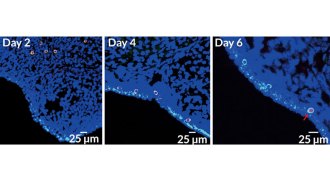 Health & Medicine
Health & MedicineTransplanted stem cells become eggs in sterile mice
Sterile mice that received transplanted egg-making stem cells were able to have healthy babies.
-
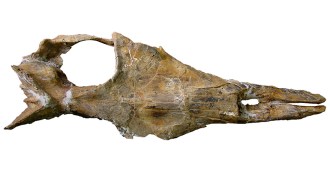 Paleontology
PaleontologyAncient whale tells tale of when baleen whales had teeth
A 36 million-year-old whale fossil bridges the gap between ancient toothy predators and modern filter-feeding baleen whales.
-
 Environment
EnvironmentPeace and quiet is becoming more elusive in U.S. wild areas
Human noise stretches into the wilderness.
-
 Chemistry
ChemistryChemistry controlled on tiniest scale can create hollow nanoparticles
Oxidizing tiny iron particles from the inside out reveals how oxidation works and could offer new vehicles for drugs or energy.
-
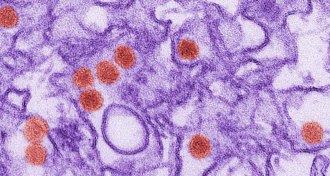 Health & Medicine
Health & MedicineZika hides out in body’s hard-to-reach spots
Zika virus sticks around in the central nervous system and lymph nodes of monkeys.
-
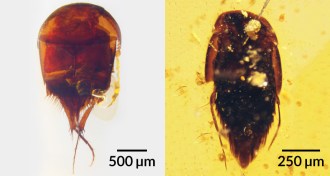 Animals
AnimalsBeetles have been mooching off insect colonies for millions of years
The behavior, called social parasitism, has been going on for about 100 million years.
-
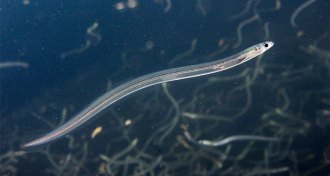 Animals
AnimalsYoung eels use magnetic ‘sixth sense’ to navigate
Migrating eels use Earth’s magnetic field.
-
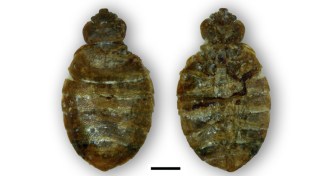 Paleontology
PaleontologyBedbugs bugged prehistoric humans, too
Scientists have found the oldest known specimens of bedbug relatives in an Oregon cave system where ancient humans once lived.
-
 Materials Science
Materials ScienceBone-inspired steel cracks less under pressure
Steel that’s structured like bone resists cracks better that the traditional form of the heavy-duty building material.
-
 Neuroscience
NeuroscienceFood odors are more enticing to sleep-deprived brains
Sleep deprivation makes the brain more sensitive to food smells.
-
 Neuroscience
NeuroscienceMore brain differences seen between girls, boys with ADHD
ADHD looks different in the cerebellums of girls and boys with the condition.
-
 Neuroscience
NeuroscienceSarcasm looks the same in the brain whether it’s words or emoji
Sarcasm via winking emoji affects the brain like verbal irony does.